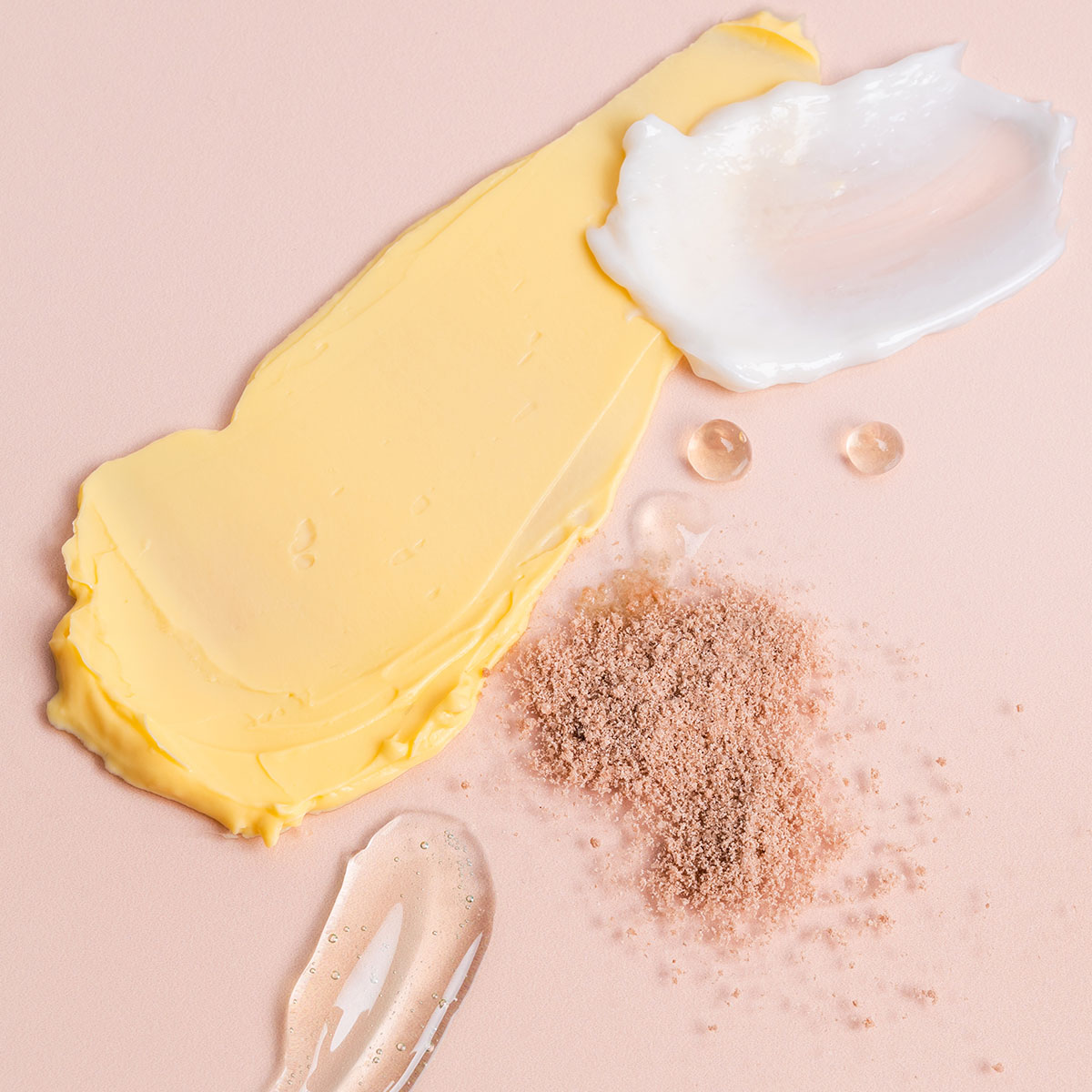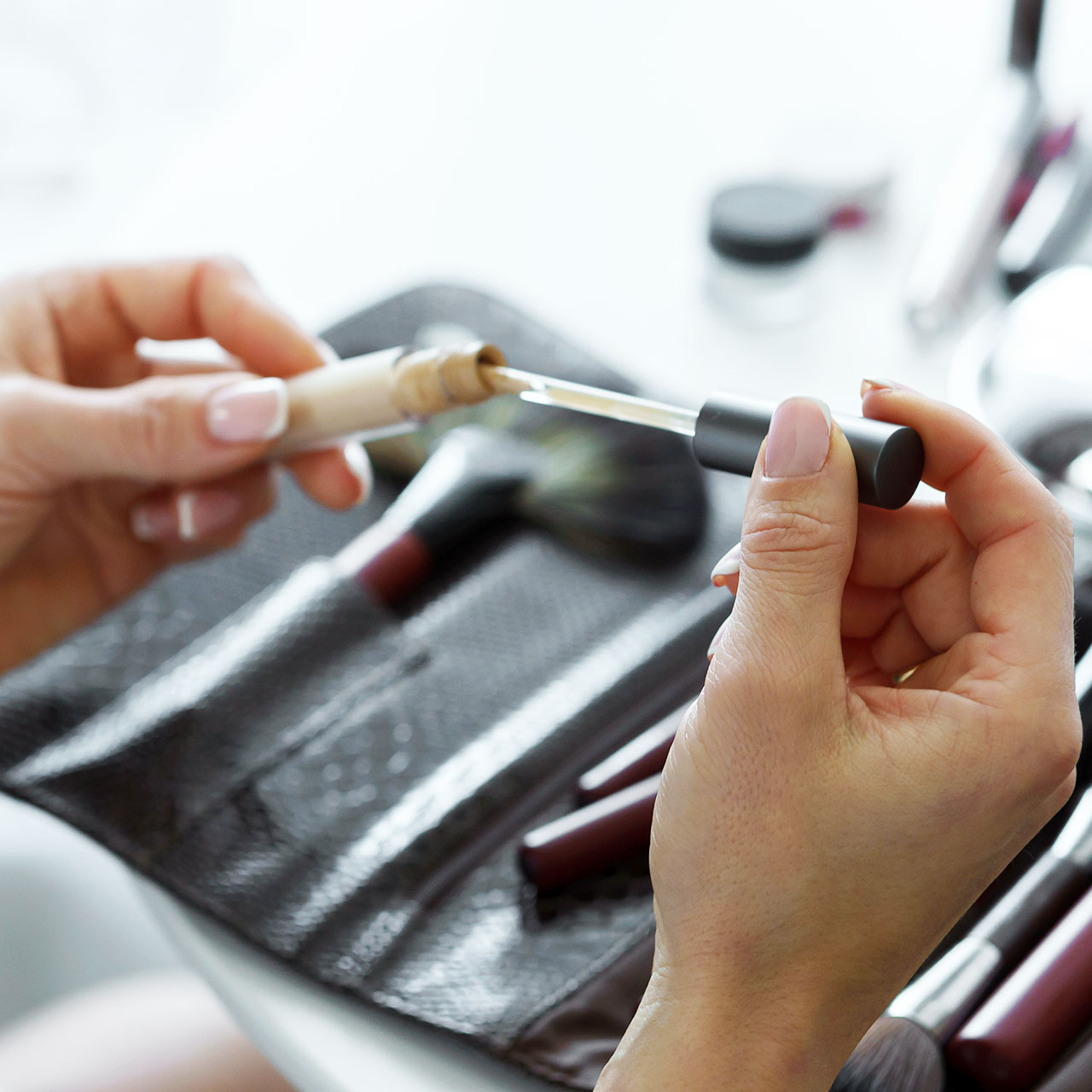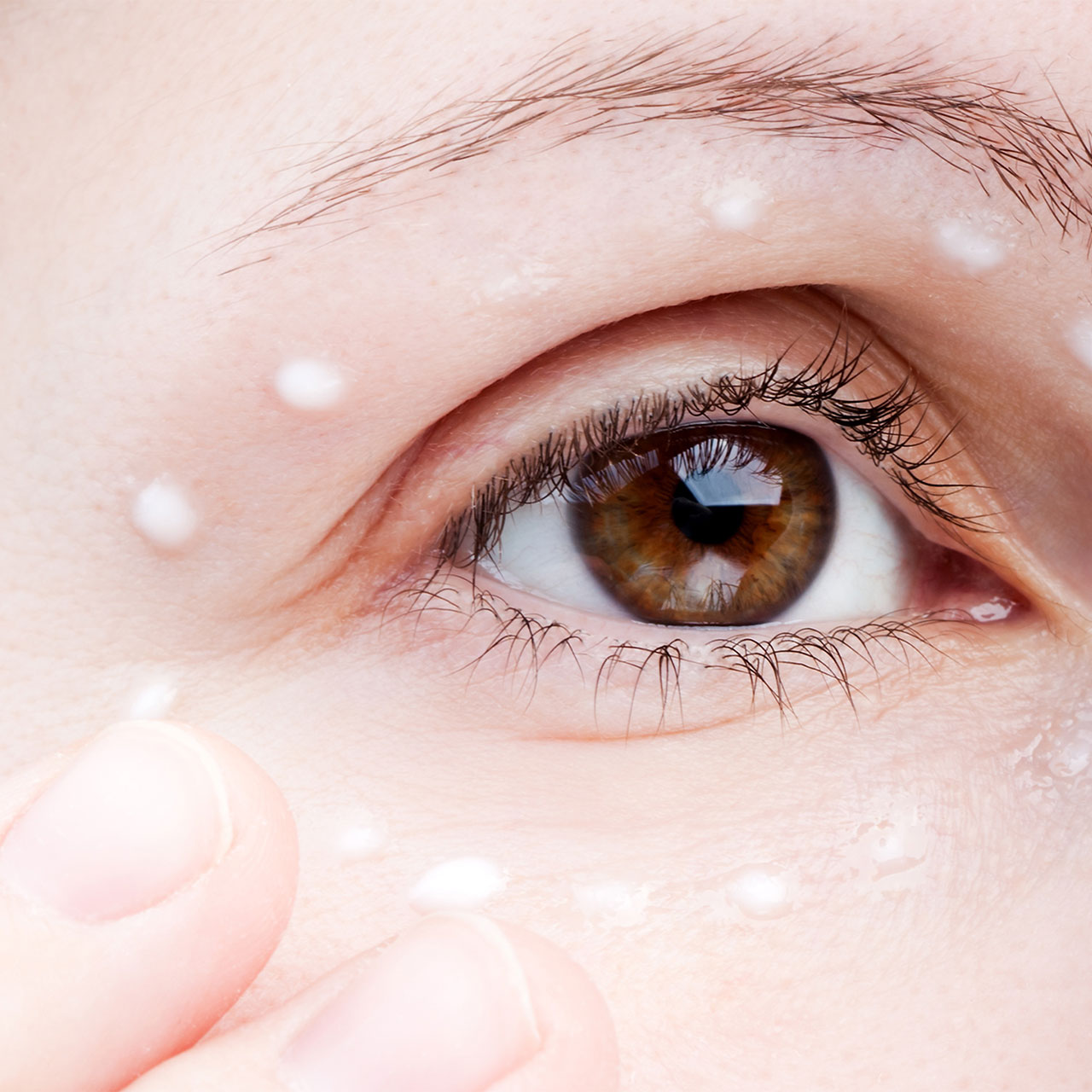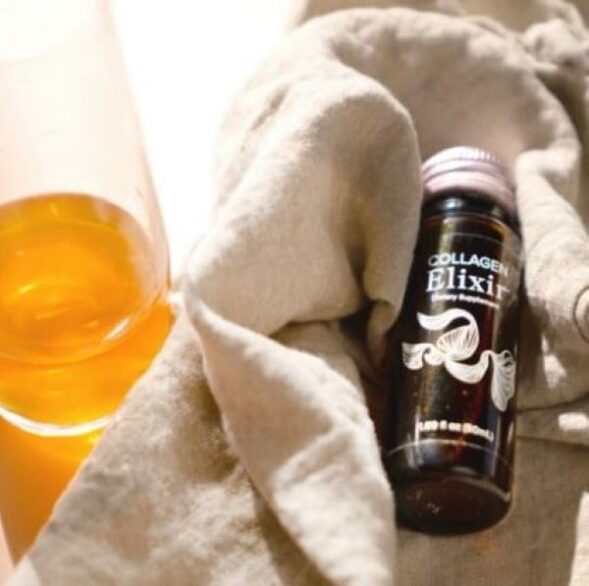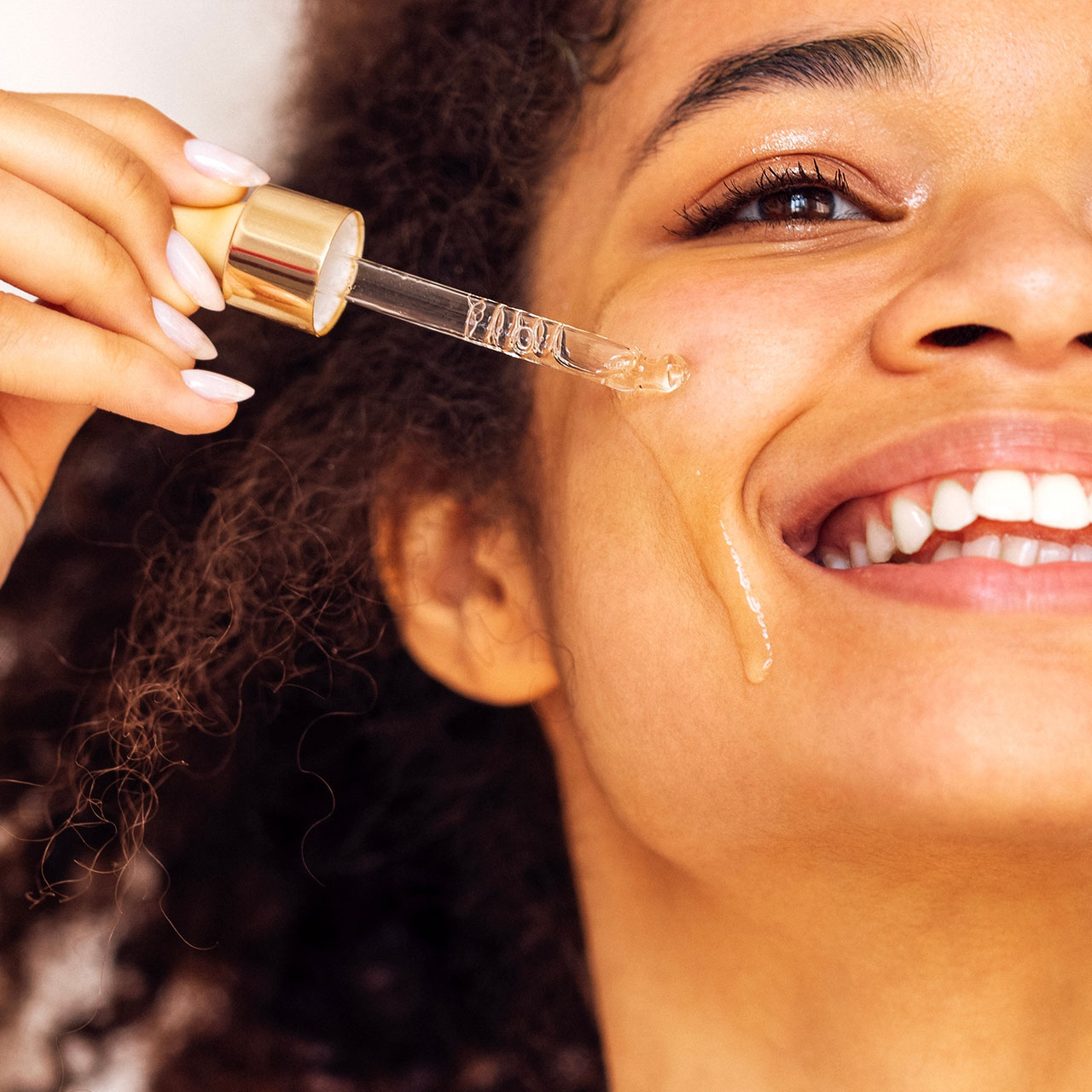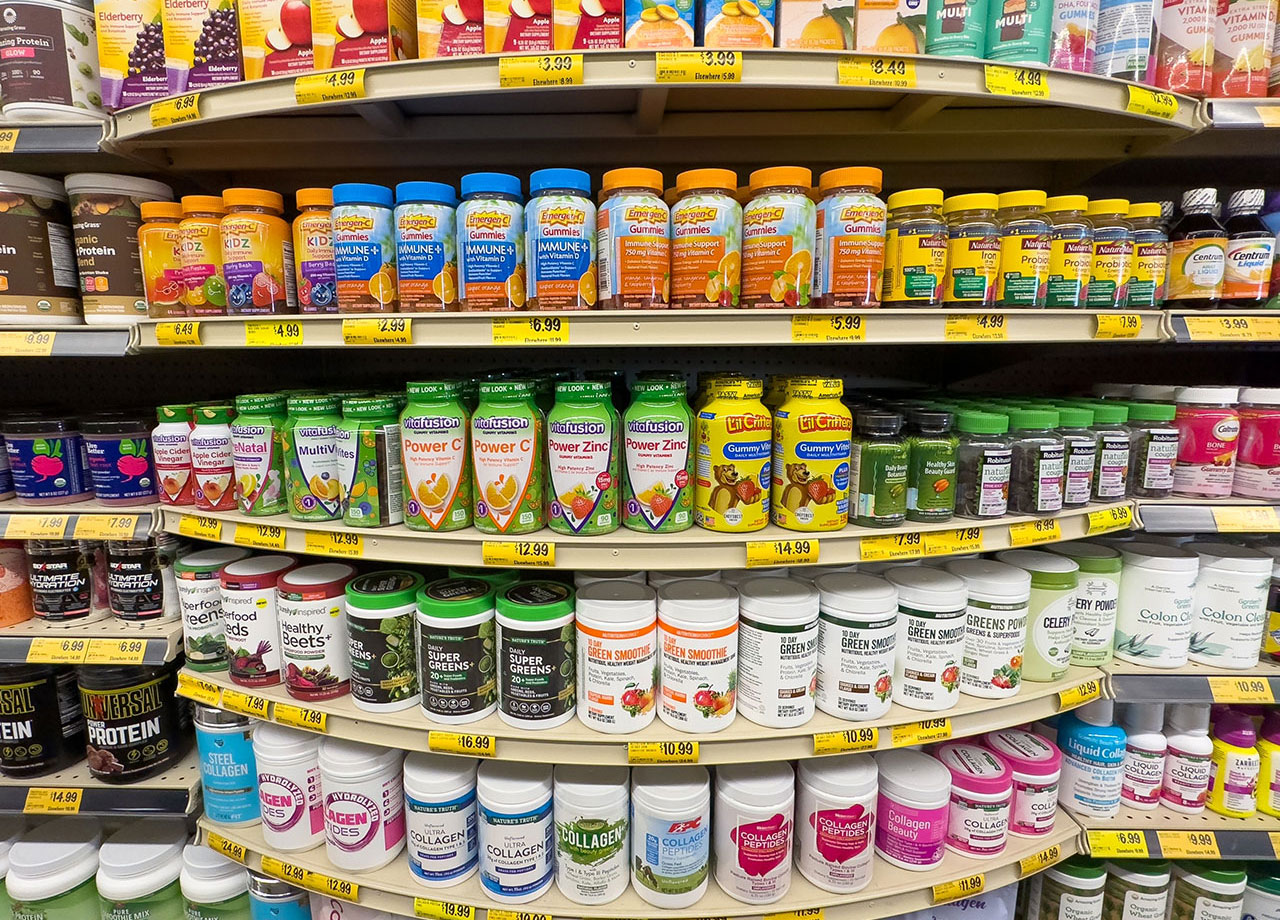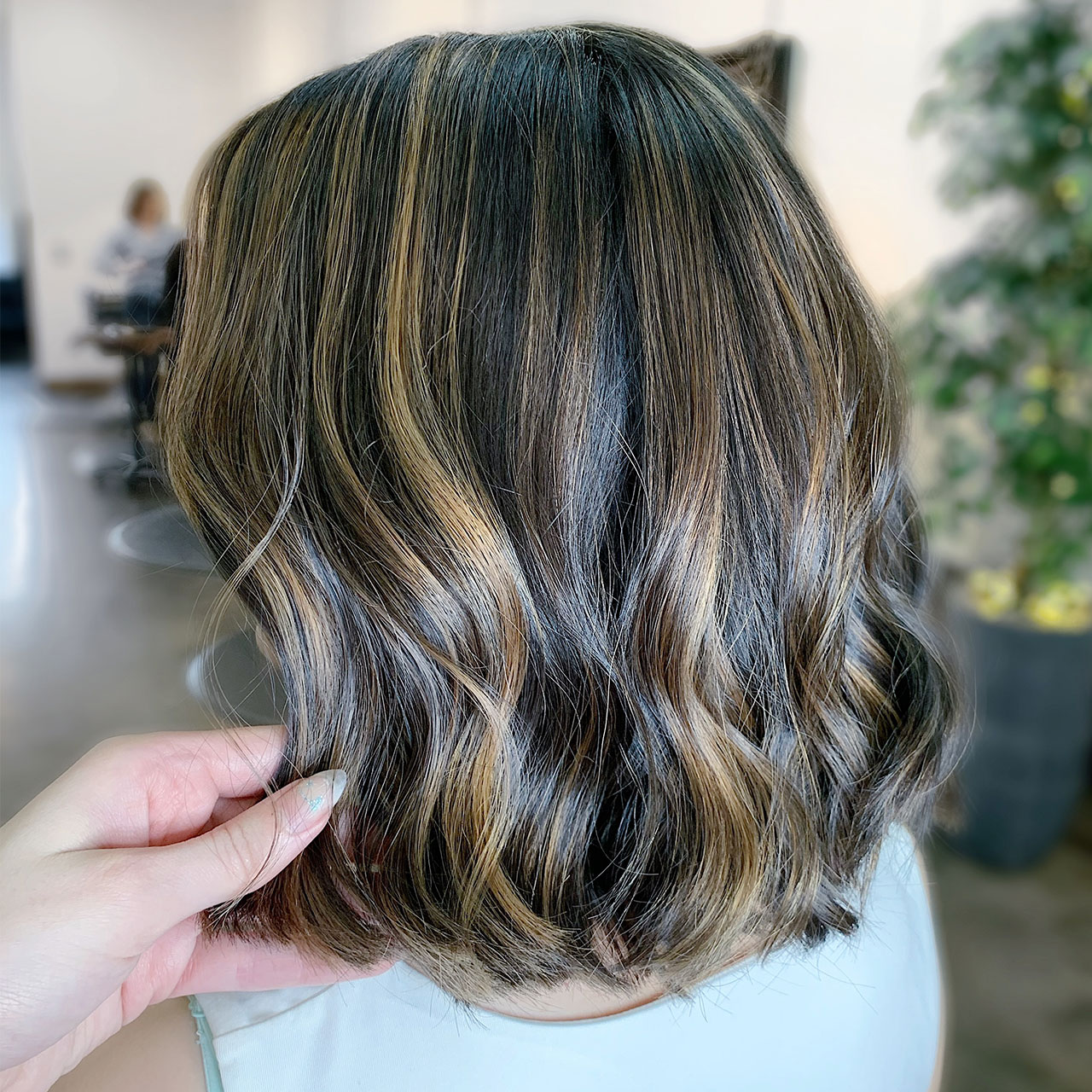If you have sensitive, acne-prone or textured skin, it is vital to find the right skincare products to nourish and hydrate your complexion, rather than those that may cause the opposite outcome (irritation, redness, acne, etc). We reached out to skincare experts and dermatologists to learn more about fragrances in common skincare products, and how this ingredient— sometimes found in your moisturizer— can negatively impact your skin health. Read on for tips, insight and suggestions from Dr. Alpana Mohta, MBBS, MD, DNB, certified dermatologist and board member at Better Goods and Dr. Anna Chacon, MD, board-certified dermatologist and writer at MyPsoriasisTeam.
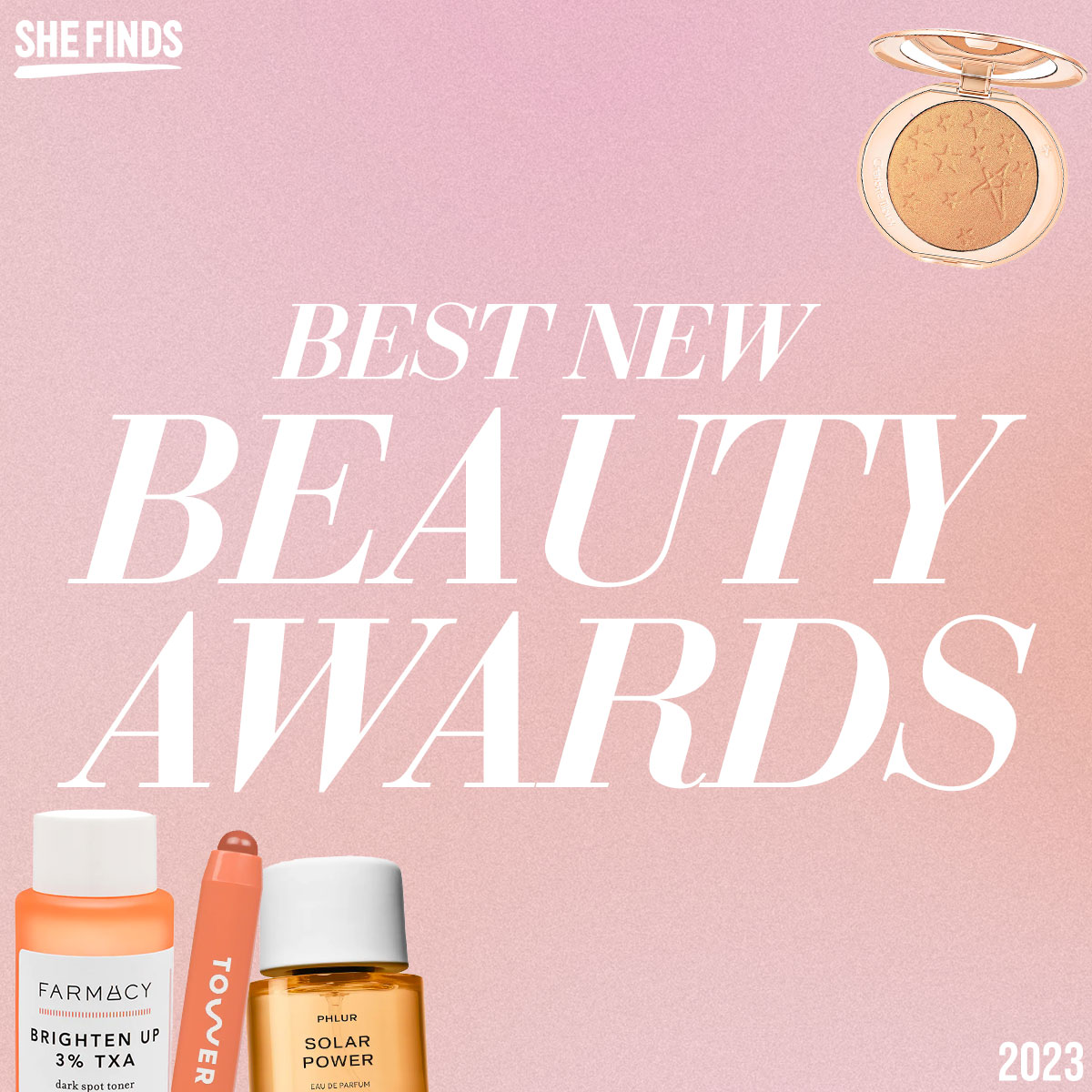
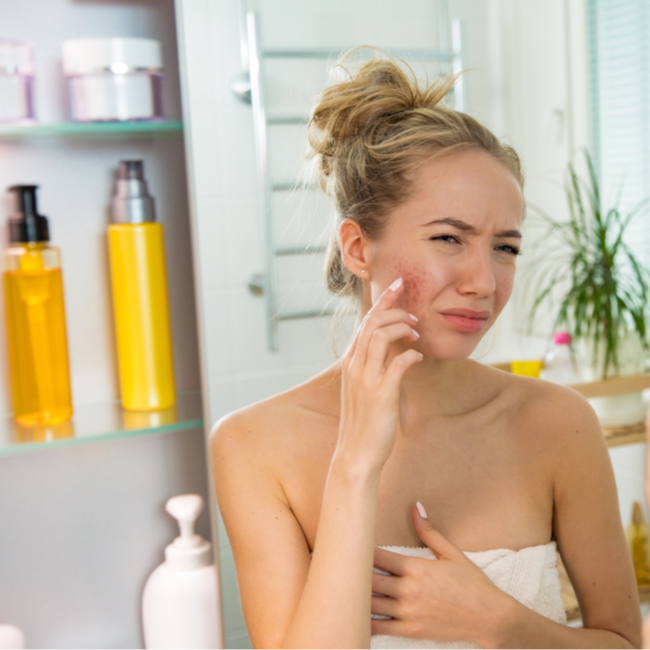
How Synthetic Fragranced Moisturizers Can Lead To Irritated Skin
The most common culprits for irritated skin when it comes to moisturizers are "occlusive ingredients," Mohta explains, which can block pores and lead to breakouts. A major ingredient to "watch out for are synthetic fragrances," Mohta warns, which can "irritate the skin." Products like these can "block the openings of the pilosebaceous units (the hair opening attached to the oil-forming glands on your face)," Mohta notes, adding that a blocked pilosebaceous unit "promotes the growth of pimple-causing bacteria, propionibacterium acnes." This bacterial growth along with the inflammation in a clogged pore, Mohta adds, leads to the formation of acne. If you have acne-prone skin, it's especially important to choose a moisturizer that is "non-comedogenic, meaning it won't clog pores," Mohta says.
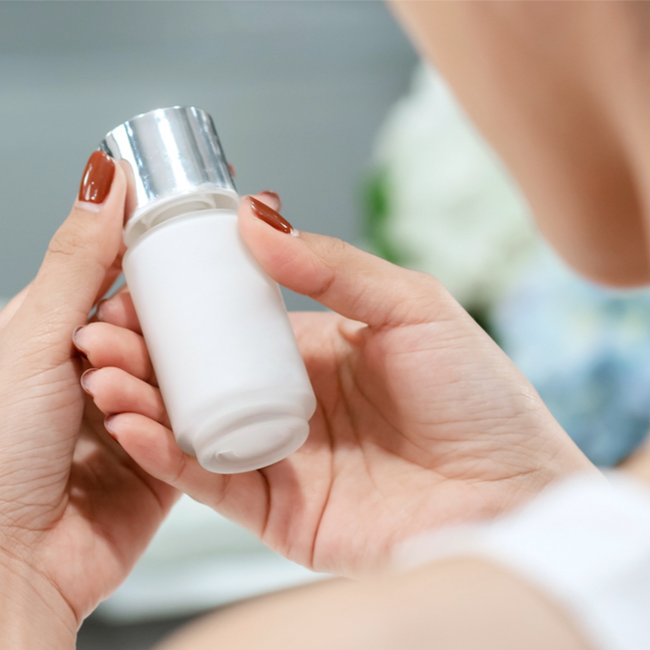
Finding The Best Moisturizer For Your Skin Type
Chacon agrees with Mohta in that synthetic fragrances in moisturizers need to be avoided for healthier skin, and offers alternatives for each skin type (oily, combination or dry). The best moisturizer for oily skin, she says, is a "water-based, oil-free moisturizer such as gel moisturizer." Gel moisturizers are oil-free and mostly humectants-based with rejuvenators for additional benefits, Chacon notes, and "these moisturizers are good for acne-prone skin, too." For dry skin, she suggests that a "cream will be the best moisturizer because its thickness means it will feel relatively heavy on the skin and will take longer to dry." For normal or combination skin types, "any type of moisturizer will do," Chacon points out. "If your skin is normal but on the dry side, you might want to use a thicker, cream moisturizer," she advises, and add that "if your skin is normal but on the oily side, a gel or gel cream/water cream might be best." For people with sensitive skin, ultimately, Chacon recommends looking for "fragrance-free moisturizers that are free of parabens and irritants." In conclusion, regardless of what skin type you have, Chacon says "it’s best to do patch test before applying thoroughly on to the face."





